How Starter Motors Work: Engine Cranking
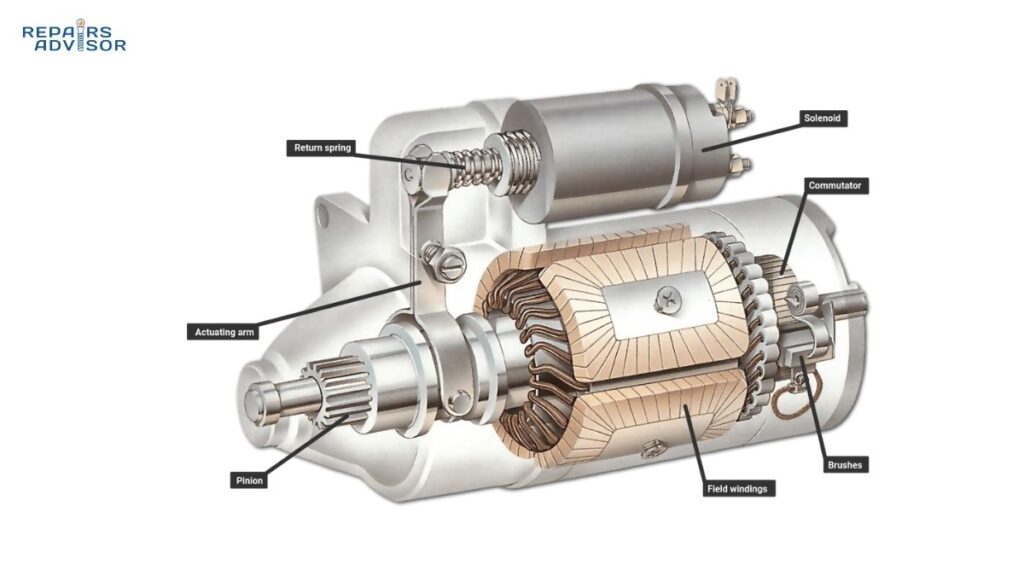
Every time you turn your ignition key or press the start button, a compact yet powerful electric motor springs into action, converting battery power into the mechanical force needed to crank your engine. This unsung hero—the starter motor—performs one of the most demanding jobs in your vehicle, drawing massive electrical current and generating tremendous torque […]
How Voltage Regulators Work: Electrical Control
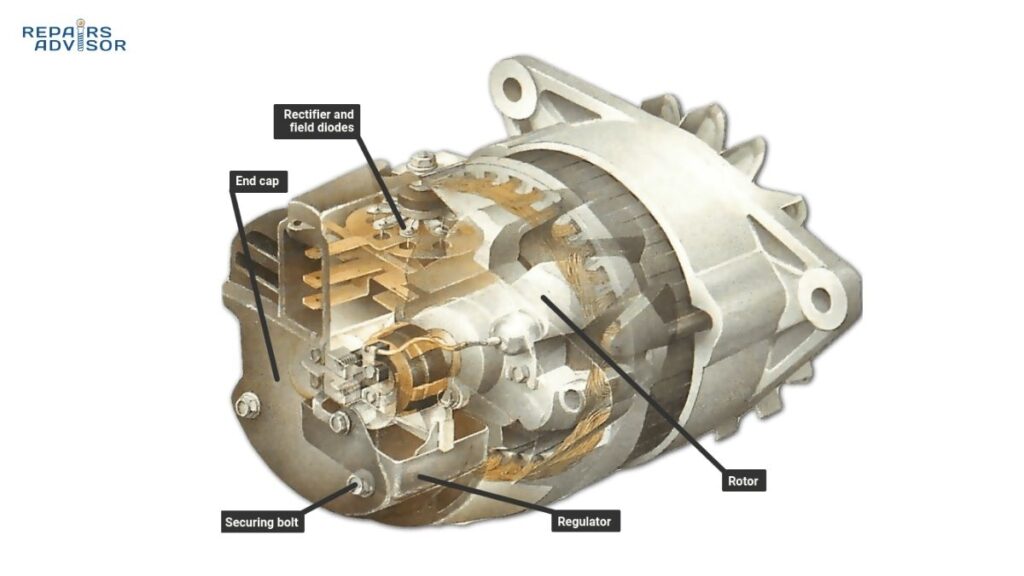
The voltage regulator is the unsung hero of your vehicle’s electrical system, working silently behind the scenes to prevent catastrophic electrical damage. This critical component faces a challenging task: your alternator naturally produces increasing voltage as engine speed rises, potentially reaching 30-40 volts at highway speeds without regulation. At these voltage levels, every electrical component […]
How Alternators Work: Charging System Operation
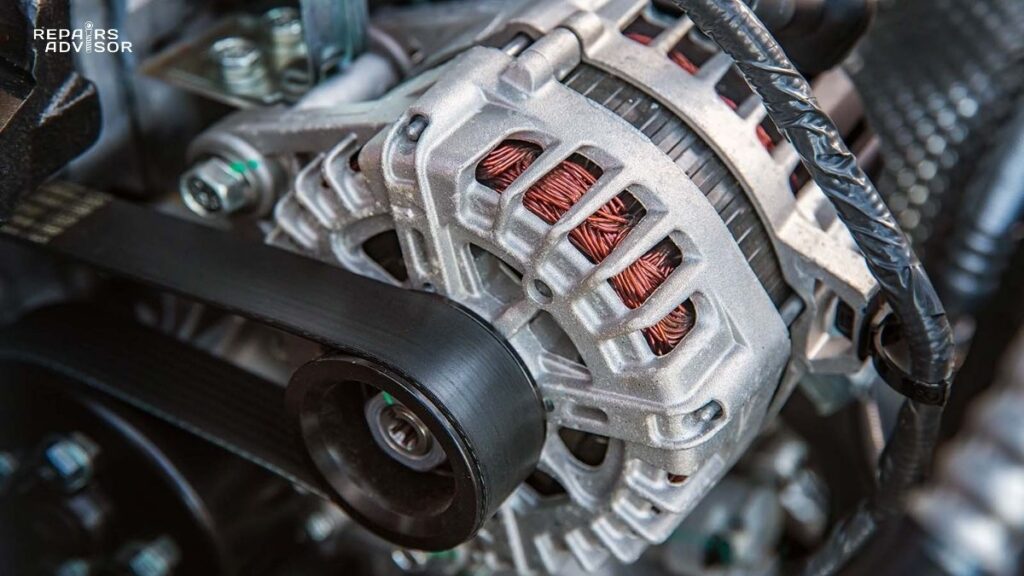
The alternator is your vehicle’s electrical power plant, converting mechanical energy from the engine into electrical energy to power all vehicle systems and continuously recharge the battery. While the battery provides starting power, the alternator supplies 100% of the electrical power needed during engine operation—running ignition systems, fuel injection, lights, climate control, entertainment systems, and […]
How Car Batteries Work: Energy Storage and Chemical Reactions
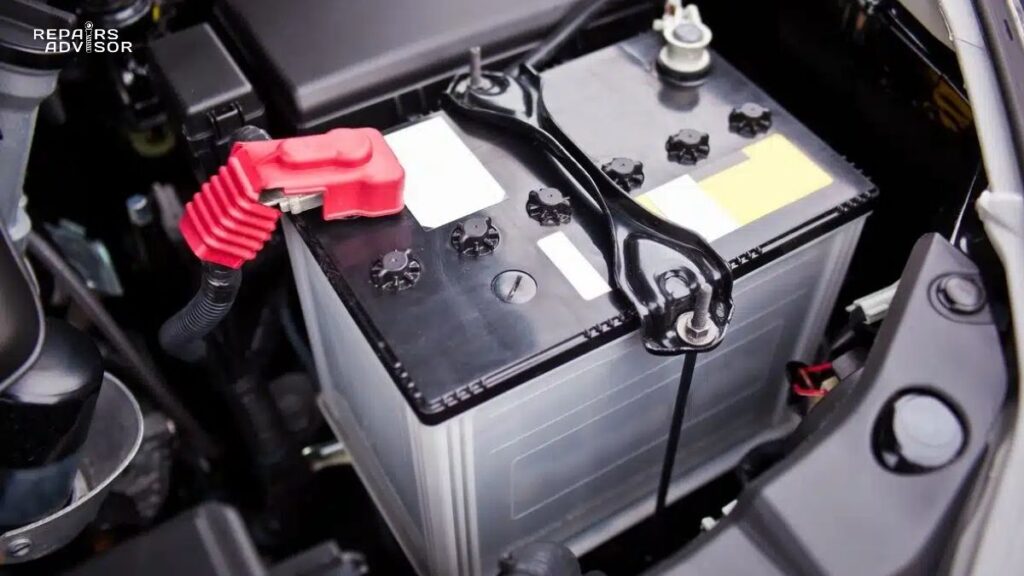
You turn the key in your ignition or press the start button, and your engine roars to life. This seemingly simple act depends entirely on a sophisticated electrochemical device under your hood: your car battery. Without a functioning battery, even the most powerful engine becomes nothing more than several hundred pounds of immobile metal. The […]
How Wheel Bearing Systems Work: Load Support & Rotation
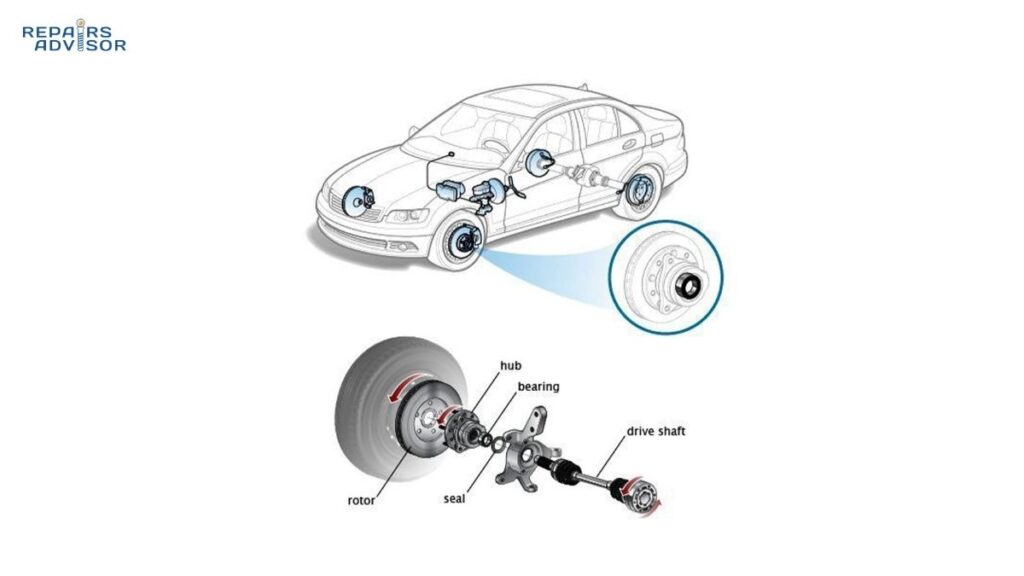
Every time you drive, four small components silently support thousands of pounds while rotating at highway speeds, handling forces that would destroy lesser parts in minutes. Wheel bearings make modern driving possible by enabling smooth wheel rotation with minimal friction while simultaneously managing the extreme vertical loads from your vehicle’s weight, lateral forces during cornering, […]
How Steering Knuckles Work: Wheel Support
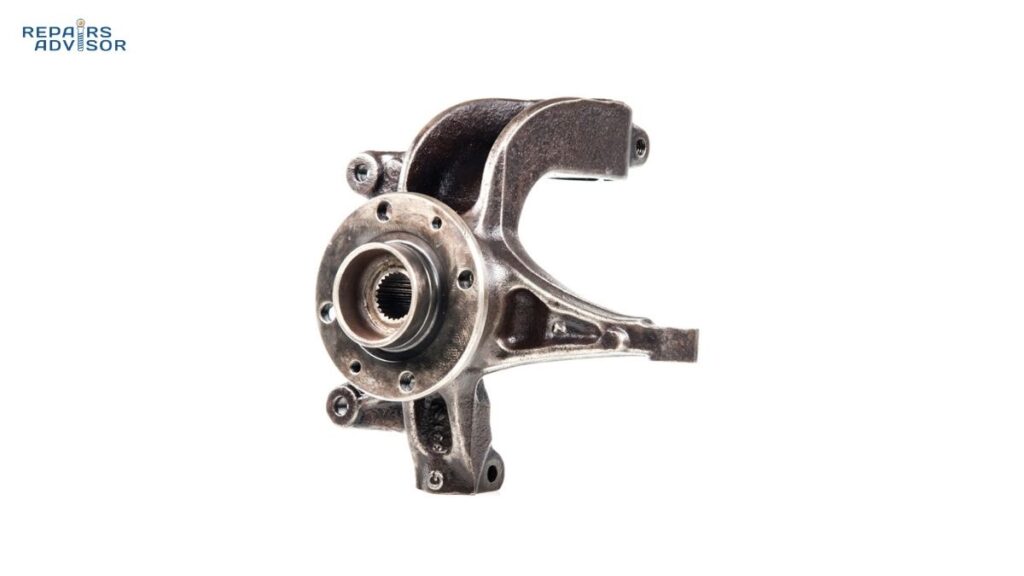
The steering knuckle is one of the most critical yet often overlooked components in your vehicle’s steering and suspension systems. This heavy-duty casting serves as the central connection point where steering input, suspension movement, braking force, and wheel rotation all converge. When you turn your steering wheel, the steering knuckle is the component that actually […]
How Control Arm Bushings Work: Compliance and Isolation
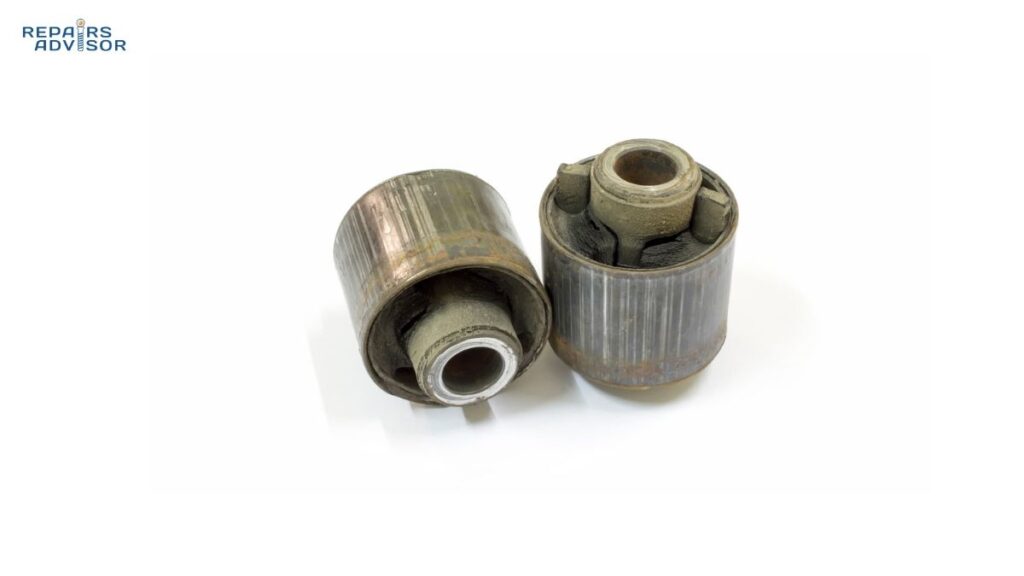
Your steering wheel vibrates slightly when you accelerate. There’s a subtle clunking sound over bumps that wasn’t there before. Your car seems to wander on the highway, requiring constant correction. These seemingly minor annoyances often point to a single culprit: worn control arm bushings. These small rubber or polyurethane components rarely get the attention they […]
How Ball Joints Work: Pivot Points
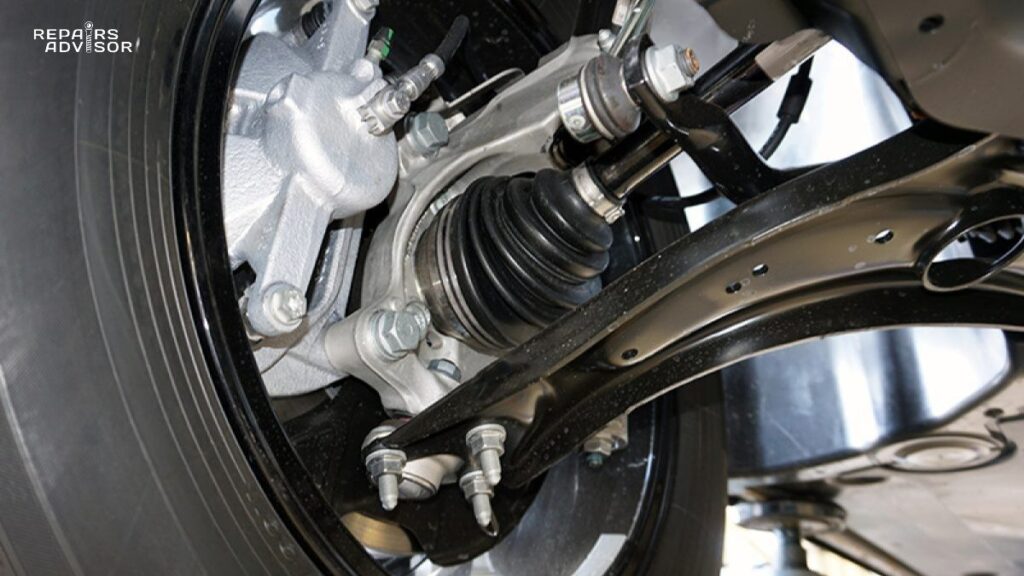
Every time you turn your steering wheel while driving over uneven pavement, a remarkable mechanical component makes it possible: the ball joint. These precision-engineered pivot points are working constantly beneath your vehicle, enabling your wheels to move up and down with the suspension while simultaneously turning left and right for steering. Without properly functioning ball […]
How Control Arms Work: Suspension Geometry
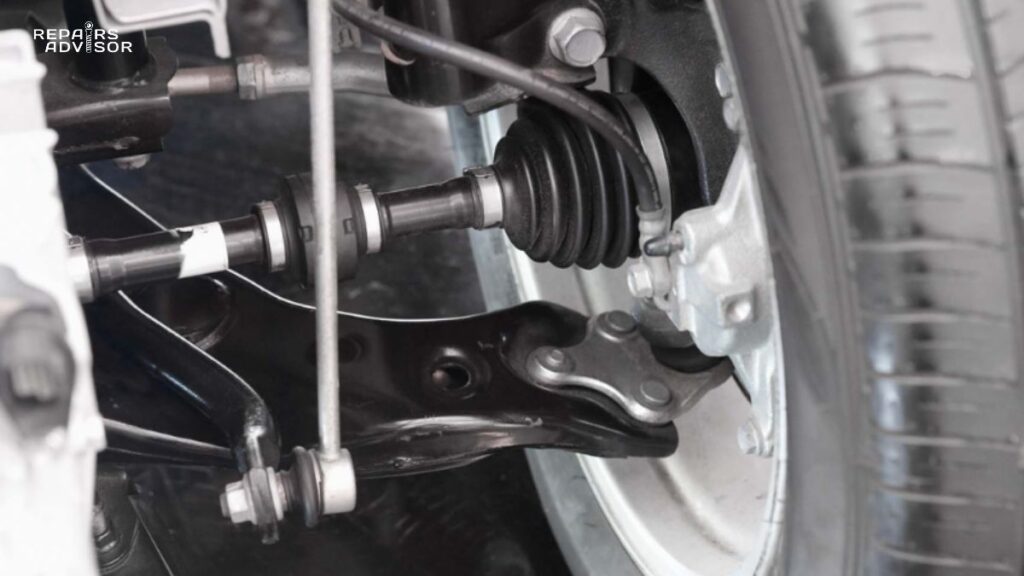
Your vehicle’s suspension system contains dozens of components working together to deliver a smooth ride and precise handling. Among these, control arms serve as critical structural links that most drivers never think about—until something goes wrong. These unassuming metal components play a fundamental role in keeping your wheels properly positioned through every turn, bump, and […]
How Anti-Roll Bars Work: Body Roll Control
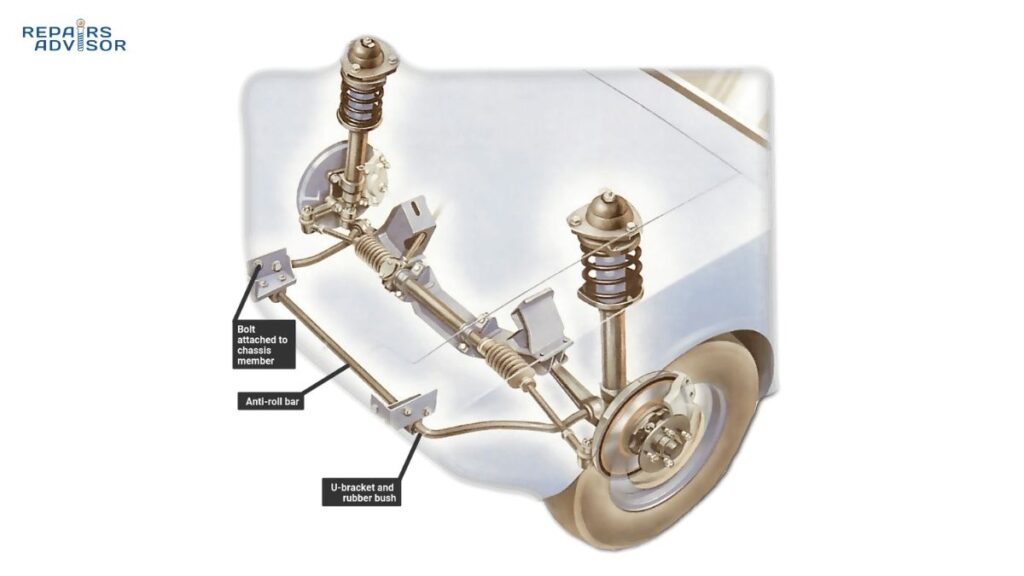
Picture this: you’re taking a highway exit ramp a bit faster than usual, and you feel your vehicle leaning heavily to one side. That unsettling sensation of body roll isn’t just uncomfortable—it’s reducing your tire contact with the road and compromising your vehicle’s stability. Enter the anti-roll bar, a deceptively simple component that plays a […]
How Shock Absorbers and Struts Work: Damping Control
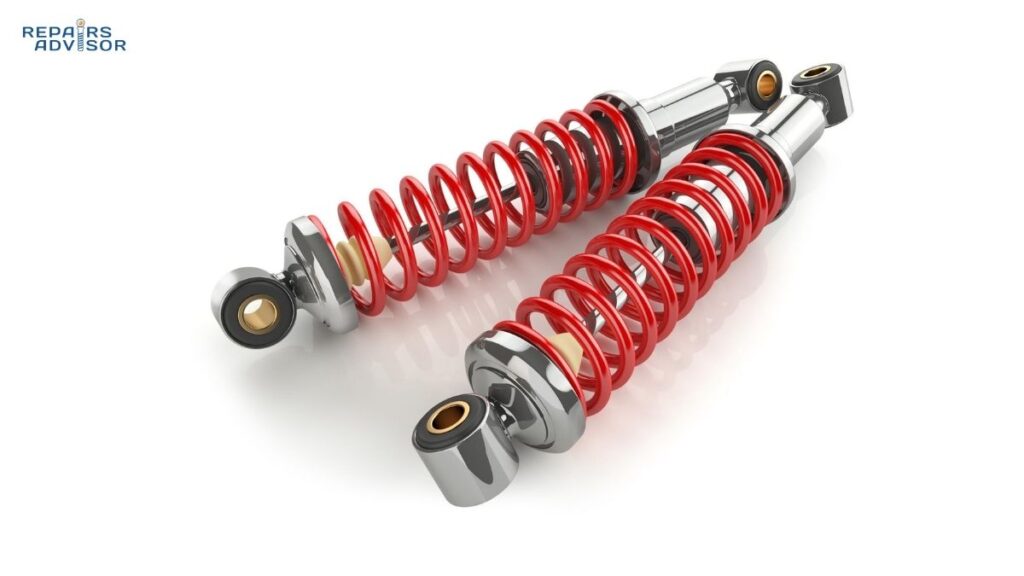
Have you ever hit a pothole and felt your car smoothly recover, or watched another vehicle continue bouncing like a pogo stick? That difference comes down to one critical component: shock absorbers. These unassuming cylindrical devices play a dual role that most drivers underestimate—they’re not just about comfort, they’re essential safety equipment that directly affects […]
How Rear Torsion-Beam Suspension Works: FWD Architecture
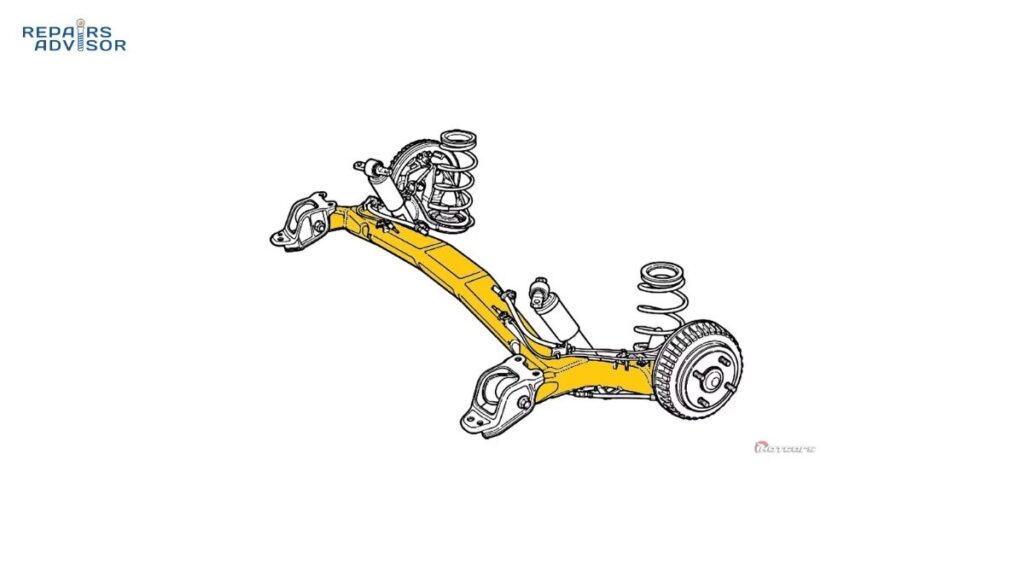
When you’re shopping for a compact car or researching your vehicle’s suspension system, you’ll likely encounter the term “torsion beam suspension.” This rear suspension design has powered millions of vehicles worldwide, from budget-friendly economy cars to track-ready hot hatches like the Honda Civic Type R and Renault Mégane RS. Understanding how torsion beam suspension works […]